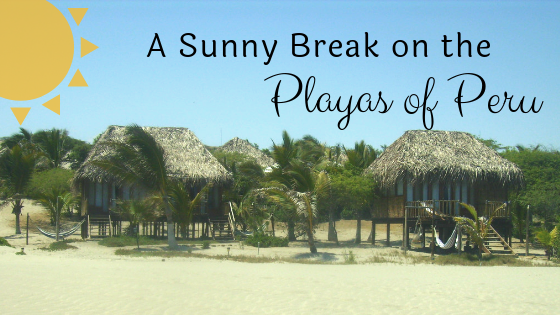
By John Forrest
Beaches all along the Peruvian coast come alive as dormant condominiums, restaurants, clubs and shopping centres reopen. The renewed activity starts at New Year and runs through to April. Peruvians, as with most residents of the southern hemisphere, take their main annual holiday in the first three months of the year, if they can. For many, this means spending a week, or two, at the sun-drenched coast where growing affluence from the mining boom is bringing about radical changes.
The wealthiest Limeño families, who can usually trace their lineage back to Spain, decamp to luxurious, gated developments with private beaches stretching along 30 kilometres to the south of Lima. While mothers and children enjoy several weeks at the beach, fathers remain working in Lima and visit at the weekend. Many families bring their housekeeper, who is usually of Andean origin and may have been with the family for years. Housekeepers will cook, clean and help look after the children, and some are still expected to wear a white uniform on the beach, making them easily recognisable.
Continue reading →